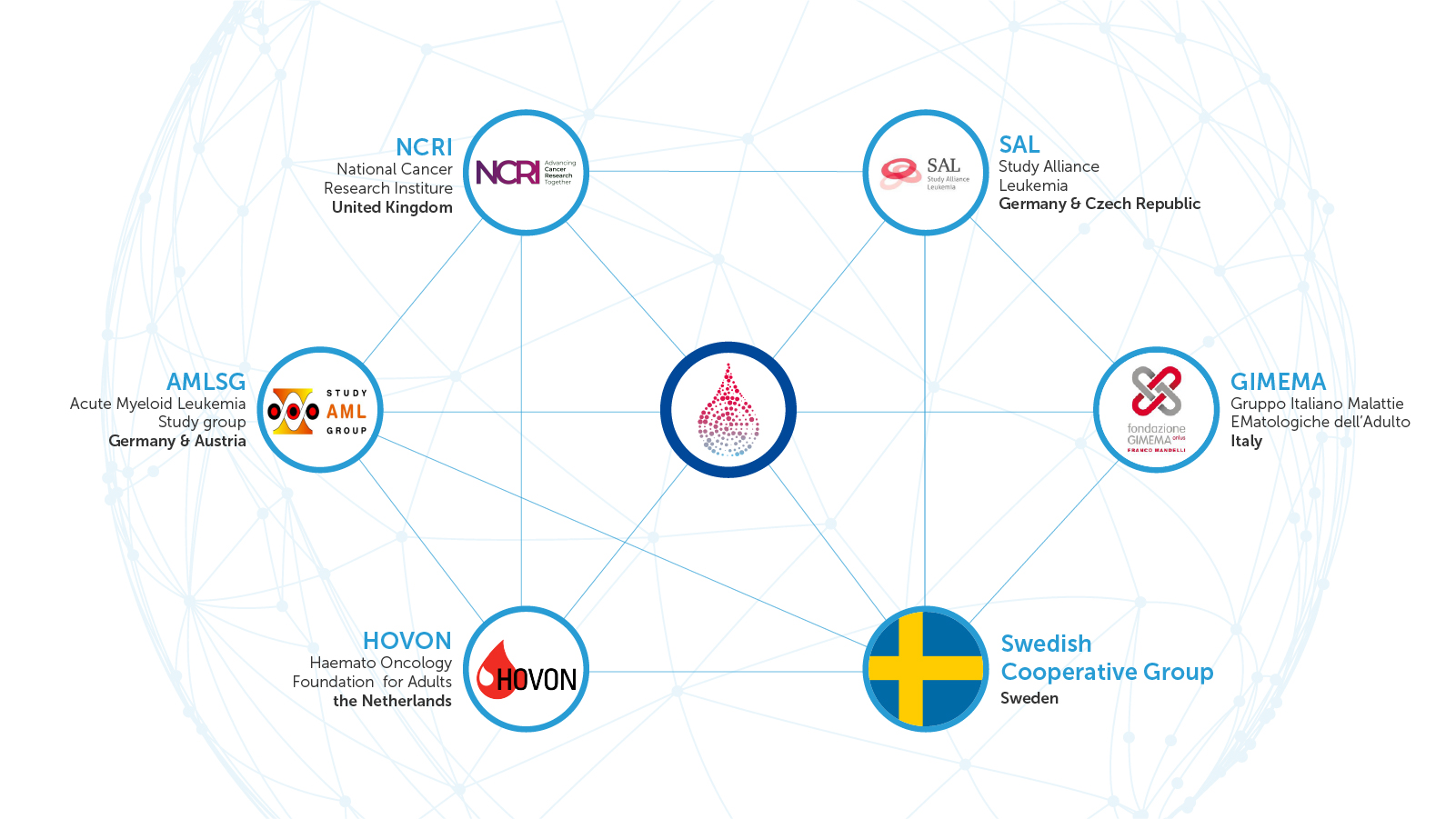Home> Research Projects> AML-2: Optimizing Acute Promyelocytic Leukemia Management Using Big Data
Acute promyelocytic leukemia (APL) is a very rare form of leukemia and, despite advances in treatment, key clinical questions remain unanswered. The paucity of patients included in individual trials makes it difficult to definitively determine optimal management strategies based on limited data.

APL is an aggressive form of leukemia but is also very rare - affecting only a small number of patients. Once regarded as the most rapidly fatal human blood cancer, treatment has advanced enormously over the decade as a result of intensive collaborative efforts in both basic and clinical research carried out at a national and international level. As a result, APL is now curable in the vast majority of patients (80–90%) using targeted agents alone or in combination with chemotherapy.
Although the treatment of APL has been revolutionized by the use of targeted and tailored agents directed towards specific oncoproteins, important open questions in disease management remain. Particular controversy exists over the best way to prevent and manage complications.
The HARMONY Big Data Platform offers the opportunity to merge APL patient populations enrolled in European trials and apply current knowledge to address specific open issues in disease management, particularly during early phases of therapy. The datasets in question already exist. Combining and collating them in the HARMONY Big Data Platform will allow comparative analyses to be carried out quickly and efficiently, yielding rapid results.
This project will analyze and compare patients receiving different treatment modalities including antileukemic therapy and preventive/supportive interventions. A particular focus will be on optimal strategies for prophylaxis and treatment of complications including differentiation syndrome, central nervous system relapses and coagulation disorders. Other open issues in APL that the HARMONY Big Data Platform will seek to decipher include the role and potential survival benefit of maintenance therapy, and optimal therapeutic choices for elderly patients.
Ultimately, this project aims to harness the power of the HARMONY Big Data Platform to drive APL management forward. Outcomes will real-world implications for the everyday management of patients with APL in clinical practice.